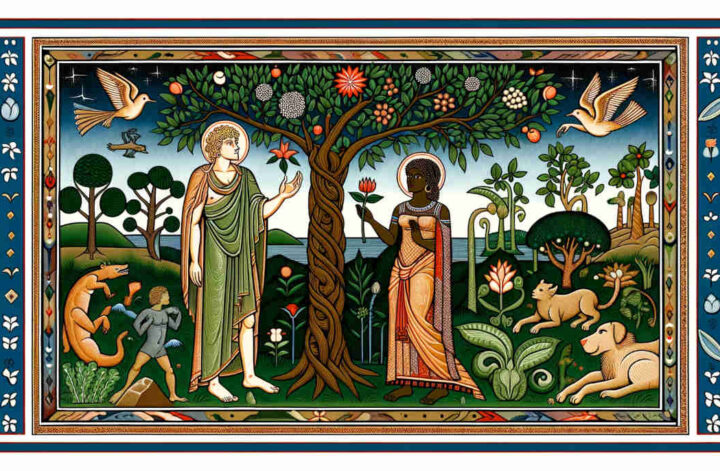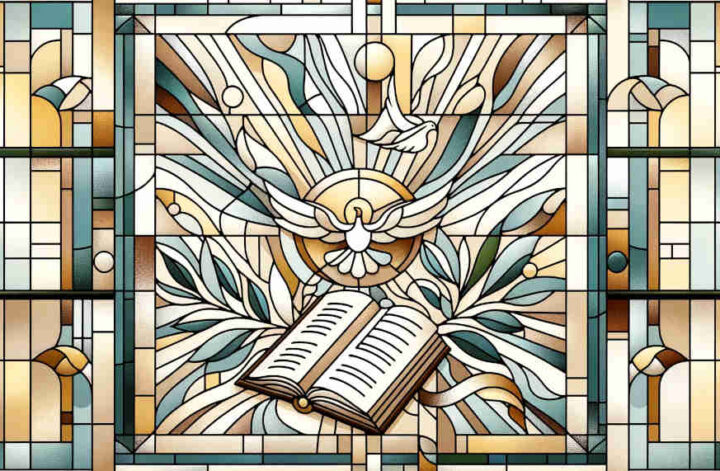Dear Theophilus,
As Lent approaches, I’ve noticed preparations for Ash Wednesday and it has sparked my curiosity. Within the Christian community, what is the belief surrounding Ash Wednesday, and what does it represent for those who observe this day?
Peace and blessings,
Helena
Ash Wednesday’s Role in Christian Observance
Dear Helena,
Your question regarding Ash Wednesday is quite timely as we approach the Lenten season. Ash Wednesday marks the beginning of Lent, which is a 40-day period of fasting, prayer, and penitence leading up to Easter Sunday. It is observed by many Christians around the world, including Catholics, Anglicans, Lutherans, and some other Protestant denominations.
The Symbolism of Ashes
The use of ashes on this day serves as a powerful symbol of several significant spiritual truths. Firstly, the ashes are a reminder of our mortality and the biblical truth that “you are dust, and to dust, you shall return” (Genesis 3:19). This acknowledgment of human mortality and frailty is a call to humility and repentance.
Repentance and Renewal
Ash Wednesday is not so much about belief as it is about a practice that embodies the Christian call to repentance. When Christians receive the imposition of ashes on their foreheads in the shape of a cross, it is an outward sign of their sorrow for sins, their intention to turn away from sin, and their hope in the Gospel. It is a day for reflecting on one’s need for God’s forgiveness and the grace that is offered through Jesus Christ.
Lenten Observance
The observance of Ash Wednesday is tied to the Lenten discipline. In the early Church, Lent served as a time for new converts to prepare for baptism on Easter. Today, it is a period for believers to renew their faith through practices such as fasting, charitable giving, and increased devotion to prayer and Scripture reading.
Diversity of Practice
It is worth noting that not all Christians observe Ash Wednesday or Lent. Some denominations emphasize other forms of repentance and devotion without these specific rituals. Nevertheless, for many, Ash Wednesday is a significant day that sets the tone for a season of spiritual reflection and growth.
Conclusion
In essence, Helena, Ash Wednesday is less about doctrinal belief and more about a practice that reflects a Christian’s personal and communal preparation for the celebration of Easter, the resurrection of Christ. It serves as a solemn reminder of sin and mortality, but also as an invitation to receive God’s mercy and participate more fully in the life of Christ.
May your observance of this season be a time of meaningful reflection and spiritual renewal.
In the peace of Christ,
Theophilus


